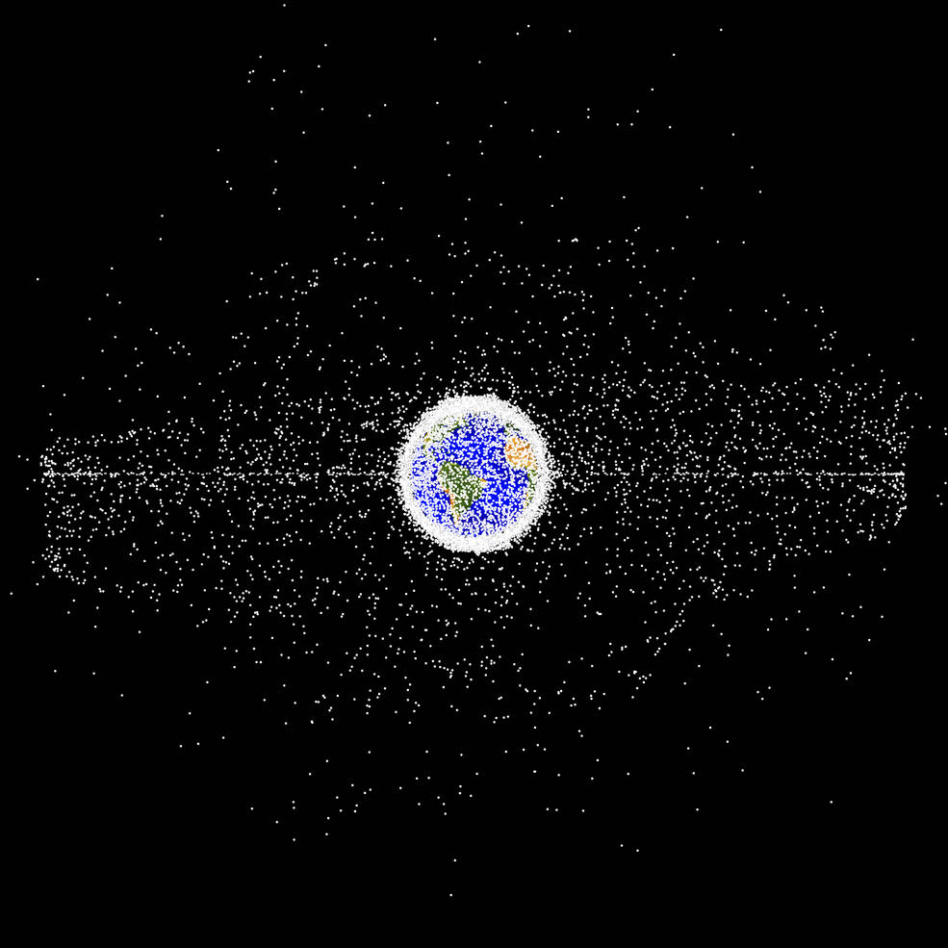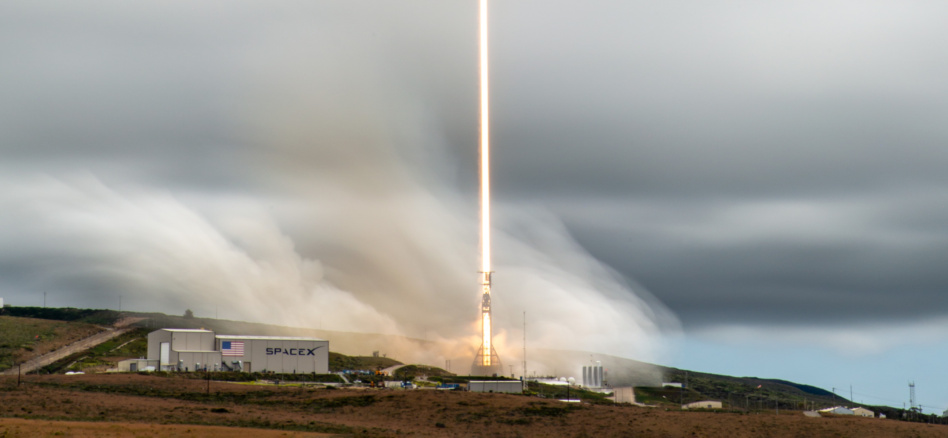Space sustainability enthusiasts who gathered in New York this week for the fifth iteration of the Secure World Foundation’s Summit for Space Sustainability were faced with a dizzying stat: more than 2,700 spacecraft have been launched since the organization’s last meeting a year ago.
The first day of the conference was all about the need to take action now to address orbital debris, set norms of behavior, and share more data to prevent a crisis as the number of objects in orbit skyrockets.
Call to action: Audrey Schaffer, the NSC’s space lead, urged governments and companies to do more than just express support for a ban on direct-ascent anti-satellite missile tests. Since the US announced its own destructive ASAT ban just over a year ago, 12 nations have joined the ban and more than 155 nations voted in support of the guidelines. But it’s not enough, Schaffer said.
“If you’re here representing a country that hasn’t yet made this commitment, but believes in the importance of space sustainability, please take this back to your capital,” she said. “If you’re here representing a country that’s already made this commitment, fabulous! Phone a friend.”
And industry shouldn’t view itself as being on the sidelines. “You too can, and I think should, voice your support for this norm,” she said. “Your company or your organization can go on the record saying that you believe the world should end destructive DA-ASAT testing.”
SSA progress: The Commerce Department is making progress in its mission to take over the government’s SSA mission. Richard DalBello, the head of the Office of Space Commerce, said his office will hold a series of meetings over the next month with satellite operators, to talk about what data the government needs, and with SSA providers to talk about standards.
“We are very much in the, ‘we need to start pulling people together’ [phase],’” DalBello said.
Reduce, reuse, recycle: At the conference, the World Economic Forum also unveiled new orbital debris mitigation measures that were developed with ESA. You can read more about them in yesterday’s Polaris.
Just a first step: Most of the existing regulations, including the new WEF guidelines, are voluntary. Conference-goers wrestled with the hard question of whether voluntary regulations are worth it. The view from some industry attendees: voluntary guidelines are important, but they’re not a long-term solution and, at some point, the industry will need concrete regulations.
“I do get concerned that they’re seen as the answer. They’re a useful tool maybe,” said Mark Dickinson, deputy CTO and VP of the space segment at Viasat. “But I think some form of regulation is needed, because I can’t think of a global commons that’s been successful that hasn’t been regulated.”





